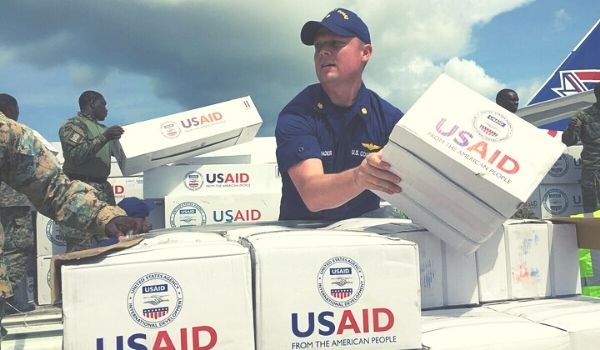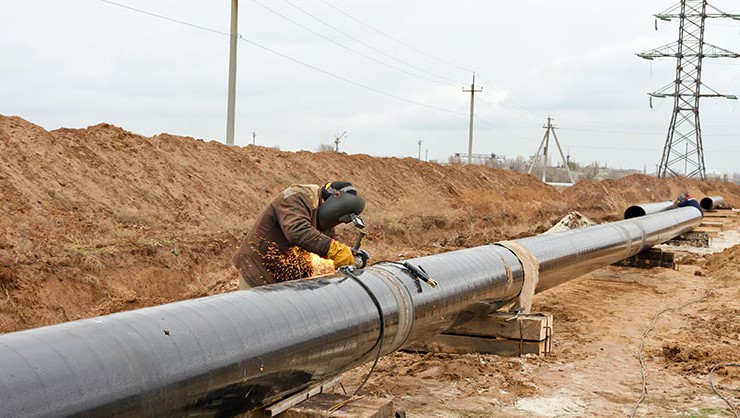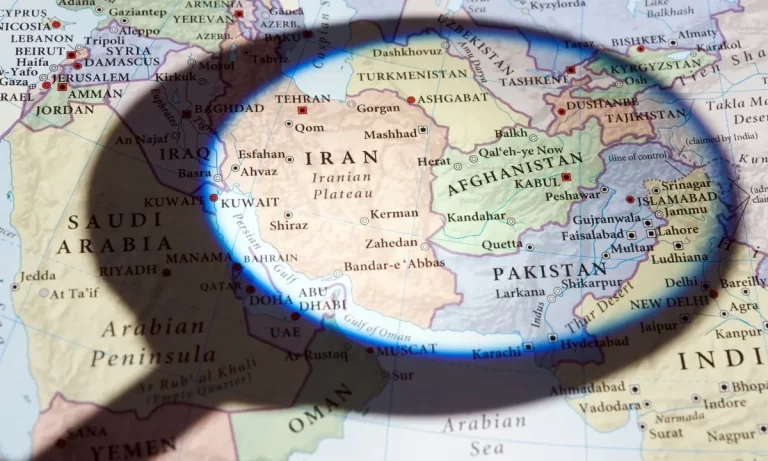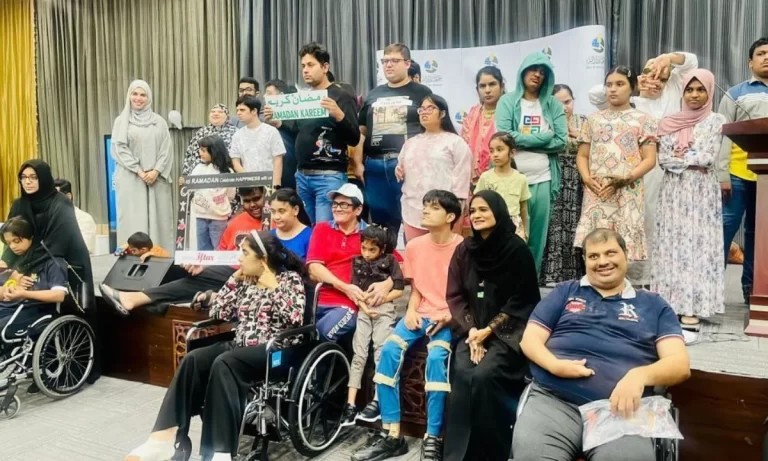USAID believes to make the world safer with JSP 2022-26
Zeeshan Javaid
ISLAMABAD: Facing severe criticism for wasting American tax payer’s money in Afghanistan after the withdrawal of US forces, the State Department with the assistance of the United State Agency for International Development (USAID) released a four-year joint strategic plan (JSP) 2022-26 to prevent universal conflicts and promote international security.
Indeed, it was a gigantic trial for the United State Agency for International Development (USAID) and a dire need in the current era to reshape its strategy to tackle the challenges and administrative mistakes while handling the ongoing development projects in vulnerable and war hitting countries of the world particularly Afghanistan, Pakistan, Iraq, Syria, Egypt and economically most depressed countries of Afro-continent.
U.S, Pakistan launch Digital Platform For Pharmaceutical Imports, Exports
However, within the short span of time since the appointment of Samantha Power as the new USAID administrator, involving the interagency and multilateral partners and donors after intense pressure and criticism by the US house of representatives over the past performance of the agency, USAID under the dynamic leadership of newly appointed administrator Samantha Power prepared a document naming Joint Strategic Plan (JSP) 2022-26 to chart out 19 main objectives including ensuring the well-versed democracies, prevent conflicts and strengthen the global resilience to economic, technological and environmental systemic shocks.
The USAID administrator, Samantha Power with an elite team of 20 executive key members including Paloma Adams-Allen, deputy administrator for management and resources, and Isobel Coleman, deputy administrator for policy and programming are fully determined to end the COVID-19 pandemic, fight corruption and authoritarianism, reduce poverty, enhance food security and nutrition, improve health and education, prevent conflict, protect human rights, promote equality, and provide lifesaving assistance during the crisis.
In the part of the JSP document, the statement made by the USAID administrator revealed that the agency to meet the agenda will look to grow and diversify the workforce, develop more equitable and flexible hiring and retention policies and empower the staff with new skills and expertise.
She was of the view that the agency while implementing USAID JSP 2022-26, will ensure the provision of special tools to its workforce accordingly to achieve the end goals of, a flexible and secure work environment, a piece of modernized information and communications infrastructure, and a work culture that is responsive to new ideas, information, and evidence.
The Department of State and USAID developed the JSP through a consultative process involving the
the senior leadership of the two agencies and shaped by Presidential directives and policies, the Interim
National Security Strategic Guidance, and previous strategic planning efforts.
Interagency partners that will support the implementation of the JSP include the US Departments of Defense, Treasury, Justice, Homeland Security, Commerce, Energy, Labor, Health and Human Services, Interior, the United States Agency for Global Media (USAGM), the National Aeronautics and Space Administration (NASA), the Environmental Protection Agency (EPA), the United States Trade Representative (UNTR), the U.S. International Development Finance Corporation (USIDFC), the U.S.-African Development Foundation (USADF), the U.S. Export-Import Bank, the Social Security Administration, and the Equal Employment Opportunity Commission.
While as international and multilateral funding partners to ensure the implementation of JSP will include organizations such as the United Nations agencies, programs and assemblies, the World Bank Group, the World Health Organization, the GAVI Alliance and COVAX, the Global Fund, the International Committee of the Red Cross, and regional bodies such as the Asia-Pacific Economic Cooperation, the Association of Southeast Asian Nations (ASEAN), the African Union, and the Organization of American States.
According to the JSP document, USAID has updated the Agency Learning Agenda to align with the strategic framework of the Joint Strategic Plan and emerging USAID policy priorities, including COVID-19, climate change, conflict and security, democracy, and anti-corruption, diversity, equity, inclusion, and accessibility.
Developed through a consultative process with internal and external stakeholders, the eight cross-cutting learning questions will focus Agency learning efforts on critical policy priorities and support the workforce in generating and using evidence in strategic, operational, and programmatic decision-making.
The JSP stated that the Annual Evaluation Plan includes planned significant evaluations, including impact evaluations, that contribute to answering the Agency Learning Agenda questions, filling gaps in evidence, and measuring outcomes of specific programs. Additionally, USAID conducted a Capacity Assessment for Evaluation, Research, Statistics, and other Analysis to understand the capacity of the Agency to manage and use evidence.
The secretary of state, Antoney J. Blinken in his mission statement said that at this moment of testing for international peace and security, the power and purpose of U.S. diplomacy are on full display, marshaling alliances and partnerships to stand up to aggression and uphold the principles that have underpinned global peace and prosperity for decades.
He believes in the current changing scenario of world power that USAID JSP 2022-26 the United States’ domestic renewal and its strength in the world are intertwined and mutually reinforcing, perhaps to a greater extent than at any point.
Blinken maintained while speaking about the recent COVID-19 pandemic era that the State Department and USAID are jointly making it a top priority to help vaccinate the world and strengthen global health security to better prevent, detect, and respond to future pandemics – because none of us will be safe until all of us are safe.
Similarly, US State Department is also determined to tackle the challenges of the climate crisis, an existential threat that is increasingly impacting the communities and can only be met through concerted global action led by the United States.
‘’That’s why we’re investing in climate resilience and green energy here at home and abroad and leading a global effort to reduce carbon pollution. To ensure good jobs and opportunities for American workers and families, we need to promote secure and resilient supply chains, push back against unfair trading practices, and build a more stable, inclusive global economy’’, he extended his statement.
An important but self-centered observation revealed in the statement of Blinken that the office of the State Department set aside the miseries and crises that erupted in the vulnerable parts of the world either because of wars or pandemics, stressed protecting and promoting U.S. security, prosperity, and democratic values and shape an international environment in which all but only Americans can thrive.
However, the USAID administrator, Samantha Power strongly believed work collectively to build a freer, more equitable, and more humane world by amplifying local voices, advancing sustainable progress, and tackling the world’s toughest problems.








